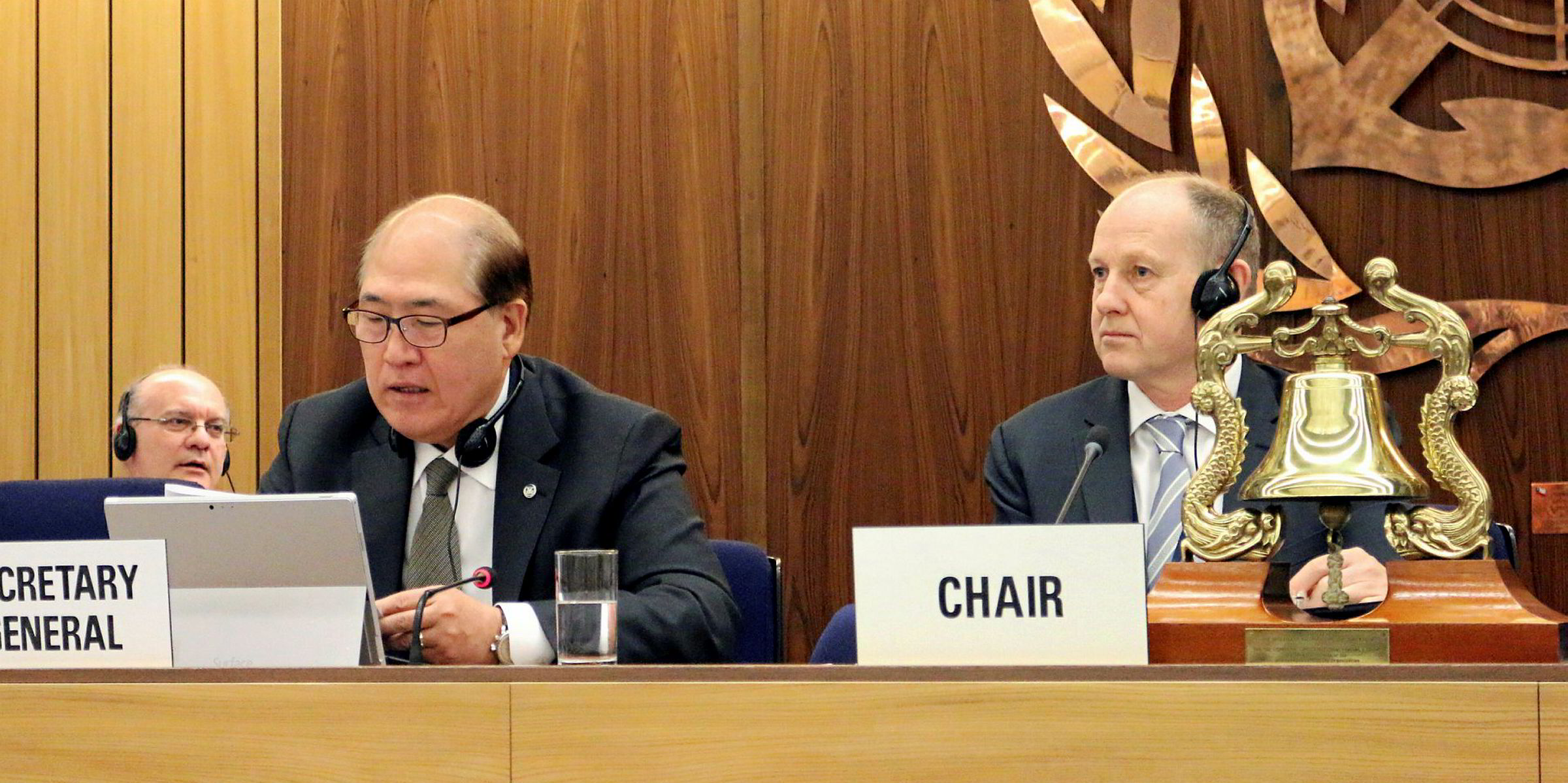Greek shipowners warmly endorsed a set of fuel safety recommendations made by the International Maritime Organization (IMO).
The industry group hailed last week's move as a first step towards making oil companies accountable for the safety of low-sulphur compliant fuels.
The IMO’s maritime safety committee (MSC) urged governments on 14 June to share information and “take action as appropriate” against oil fuel suppliers whose products and blends fail the minimum flashpoint requirements under the International Convention for the Safety of Life at Sea (SOLAS).
This and other IMO recommendations “unambiguously acknowledged the responsibility of fuel oil suppliers for the provision of safe fuels,” the Union of Greek Shipowners (UGS) said on Tuesday in a statement.
"We are especially pleased that the pressing and genuine concerns about the safety and liability issues of the 0.5% sulphur marine fuels, first voiced and in strong terms by the UGS, were not overridden by commercial interests," UGS president Theodore Veniamis said.
The UGS and prominent Greek shipowners have been complaining for a long time about the IMO and international organisations failing to impose strict obligations on refiners as part of the IMO 2020 sulphur cap.
With the recommendations it issued last week the IMO, seemed to be paying at least some heed to such concerns.
The MSC set up a “Correspondence Group on Oil Fuel Safety”, whose task will be to devise an action plan for the eventual introduction of mandatory measures that will make low-sulphur fuels comply with IMO flashpoint requirements. Such measures would be finalised by 2021.




